Explore the best places
Heritage in Portugal
Forte de Nossa Senhora da Conceição
- heritage
Alameda Duquesa de Palmela
2750-335, Cascais
The ancient fort stood on the current Palace of the Dukes of Palmela. Currently, it remains only a parapet, dating from the 19th century.
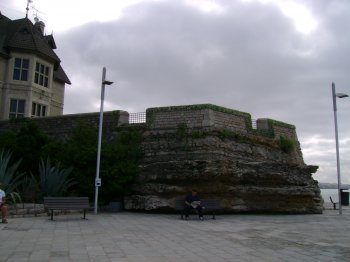
Forte da Crismina / Bateria da Crismina
- heritage
Estrada do Guincho - EN247
2750-642, Cascais
A fortress rebuilt btween 1642/43, currently ruined. It had a rectangular plan and there are still vestiges of the walls. Inside, one can view the paving stones.
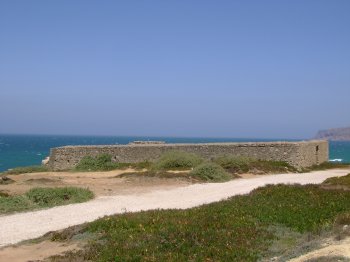
Forte de Nossa Senhora da Luz
- heritage
Avenida Dom Carlos I
2750-310, Cascais
The fortress of Nossa Senhora da Luz has a portal with pilasters and a pediment heavy denticuladas. The coat of arms of Portuguese Crown evokes the overlapping of past wars.
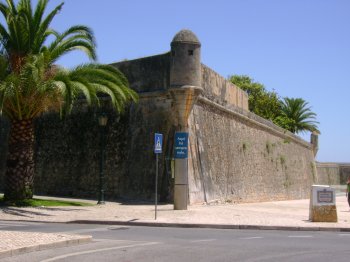
Farol do Cabo Raso
- heritage
Estrada do Guincho - EN247
2750-642, Cascais
Little lighthouse in metal, with thirteen feet tall. Features a lantern, balconied buildings annexes.
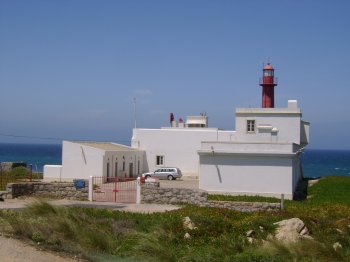
Villa Sarah / Instituto das Filhas de Maria Auxiliadora
- heritage
Rua Trouville, 104
2765, Estoril
Single family housing dating from the late 19th century, of quadrangular with four floors. In 1959, the House passes to the Institute of the daughters of Mary help of Christians, which constructs a complementary building.
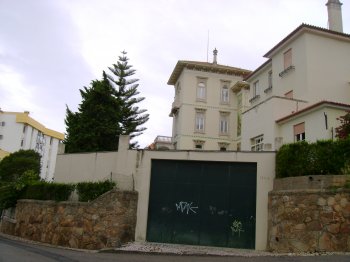
Vivenda Edith
- heritage
Avenida das Acácias, 14
2765-389, Estoril
Summer house probably built in the 20th century, to submit a plant in T with three floors, with irregular coverage performed by rooftops two, three and four waters.
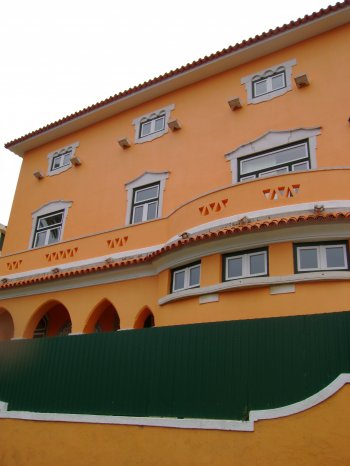
Vivenda Malvina
- heritage
Avenida Sanfré, 1
2765, Estoril
Summer house of irregular plant with three floors, composed by the articulation of three rectangles with roofs coverage to two, three and four waters. Highlight, in elevations, to the covers and friezes of multi-colored tiles.
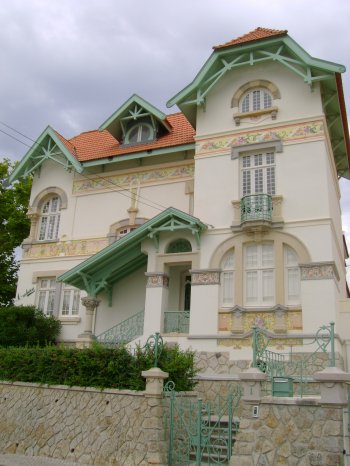
Vivenda Laura
- heritage
Avenida Sanfré, 39
2765, Estoril
Summer house built in 1911, the present a longitudinal plan composed by the juxtaposition of three rectangles, with coverage in roof of two, three and four waters. The tiles and forged irons of Art Nouveau feature visible in vain.
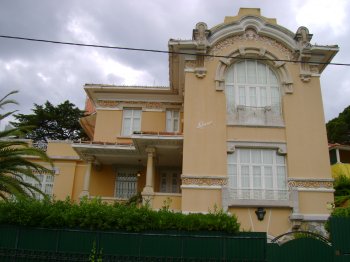
Vila Tânger
- heritage
Rua Calhariz, 28
2765, Estoril
Summer house built between 1900 and 1903, with design by Raul Lino. Features an irregular plan with three floors, being performed by the roofs coverage three, four and eight and waters in mansard roof pierced by Dormer window.
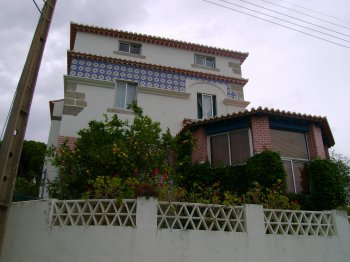
Estátua de Dom Pedro IV
- heritage
Praça de Dom Pedro IV
1100, Lisboa
This huge bronze statue, by Germano José Sales, represents the king Pedro IV with a laurel wreath, holding the constitution that replaced the former one in 1822. At the basis are visible four women statues, symbolizing the virtues of a good government: justice, prudence, strength and moderation.
